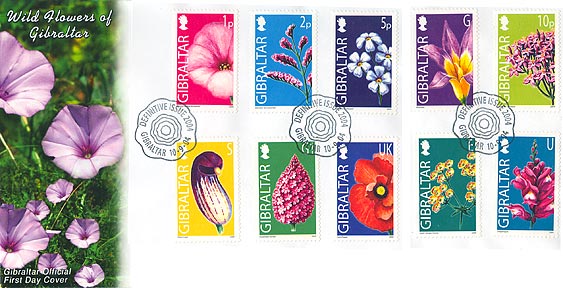Many of the wild flowers that brighten the Scottish countryside are disappearing because politicians and farmers are failing to protect them, a new report warns. Colourful plants such as corn marigolds, field gentians and wild pansies are in serious decline, as are the insects and birds that such plants support, including marsh fritillary butterflies, great yellow bumblebees, lapwings and curlews. The pesticides and monoculture crops favoured by large-scale industrial farmers are destroying the natural diversity of the countryside, the report said. It is demanding the reform of rural support funding to encourage farmers to help wildlife. The report on Scotland's farmland is being published this week by conservation group Plantlife, to coincide with the Royal Highland Show at Ingliston near Edinburgh, one of the highlights of the agricultural year. The report argued that plants are being wiped out by the "simplification" of the landscape caused by intensive, specialised farming. The number of wild cornflowers has dropped by 99% over the last 40 years, it points out, and arable flowers are declining faster than any other group of plants.
The loss of plants has serious knock-on effects for insects and birds, the report said. It pointed out that flowers support an extraordinary range of insects – the bird's foot trefoil helps 132 invertebrates, including burnet moths and small blue butterflies. Plants are also vital for pollinators such as bees and butterflies, can help clean soil and water, and reduce the risks of flooding. They are also important for birds including lapwings, numbers of which have crashed by more than 50% in the last 10 years.
Source: Herald Scotland, 16 June 2013
http://www.heraldscotland.com/news/environment/charity-calls-for-farmer…

- Login om te reageren
